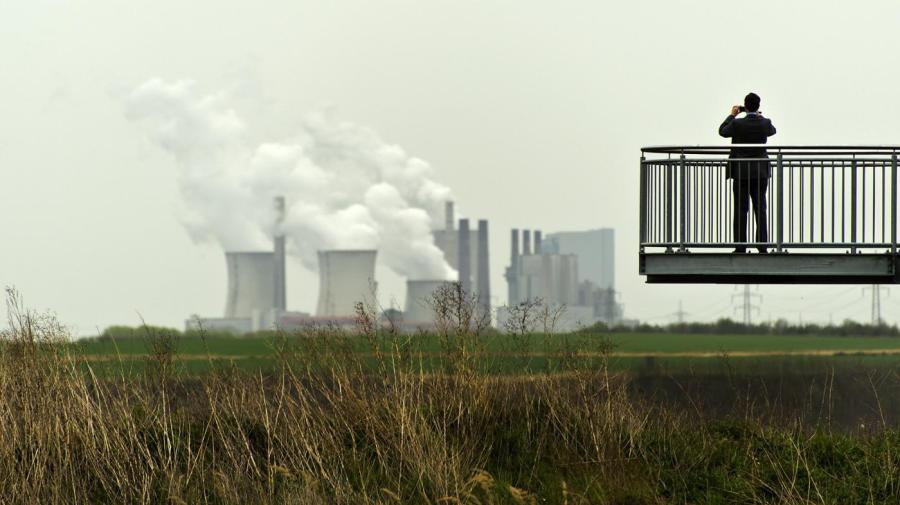Why Are Fossil Fuels Bad for the Environment?

Burning fossil fuels leads to global climate change by emitting carbon dioxide and other greenhouse gases that trap heat in the Earth’s atmosphere. Extracting and transporting fossil fuels also contribute to air and water pollution.
Fossil fuels are energy sources produced from organic matter that has fossilized for millions of years. These are present in the form of petroleum (oil), coal and natural gas. Of the three, oil is used at a much higher rate than the others to meet the growing energy demands of the world’s population.
Fossil fuels are natural resources that are continually formed deep below the earth’s surface. However, because they take so long to form, they are considered non-renewable resources. This means that when all of the fossil fuels are depleted, there will be no way to make more. It is estimated that with current reserves, there are only 53.3 years left of oil left in the world, as stated in an article published in USA Today in 2014. However, that does not take into account oil reserves not yet discovered and the introduction of alternative energy sources. In addition to fossil fuels being finite resources, they pose a number of negative impacts on the environment.
Environmental Impact of Extracting Fossil Fuels Fossil fuels are extracted through two processes: mining and drilling. Mining is the process used to access coal while drilling is used to extract oil and natural gas from deep below the Earth’s surface. Both processes can greatly impact the environment surrounding the sites as well as the health of the workers performing the jobs. In surface mining, large amounts of land are destroyed and removed in order to access the resources below. This leads to erosion, can cause fires and even deposit harmful substances into water sources.
Spills are a major concern when extracting oil. Several major oil spills have occurred over the years, including the explosion that occurred on the Deepwater Horizon that resulted in over 210 million gallons of oil spilling into the Gulf of Mexico, according to CNN. Additionally, pipelines used to transport oil across large areas of land have been known to rupture and contaminate the land on which they sit. In both cases, water, wildlife, plants and humans are all affected.
Environmental Impact of Burning Fossil Fuels Burning fossil fuels for energy poses another set of problems for the environment. While supporters of different fossil fuels claim that one is better than the other, all fossil fuels release carbon dioxide and other harmful pollutants into the atmosphere when burned. These emissions can be linked to a wide array of problems from the local to the global scale. Emissions from cars and trucks in a city are harmful for humans and animals to breathe, and have a healthcare cost of over $100 billion per year, as estimated by the Union of Concerned Scientists. In addition, these particulates increase the acidity of rain, resulting in acid rain that is harmful to plants, fish and other animals.
The production of carbon dioxide, methane and other greenhouse gases is also harmful for the environment. These gases get trapped in the atmosphere causing the overall temperature of the planet to rise. Though the slight change in temperature may seem insignificant, it can have devastating impacts on plants and wildlife.





